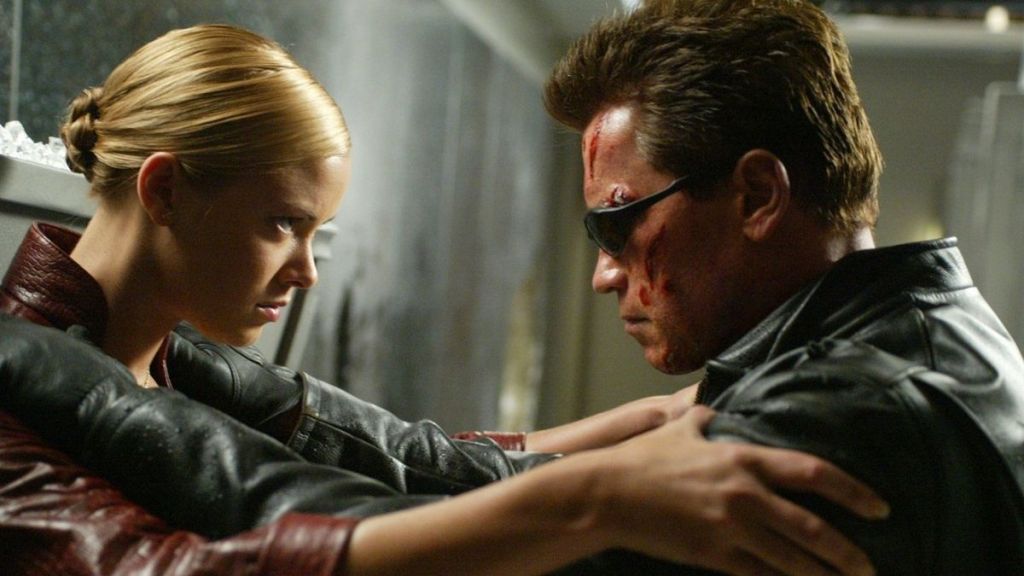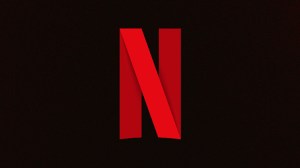Once James Cameron left the building on the Terminator franchise, the whole book should’ve been closed on the saga. The original 1984 Terminator was Cameron’s brainchild, and its sequel benefited greatly from the filmmaker’s famous love of scope. Without him around, the franchise devolved into various reboots and retreads with minimal personality. Many installments were also hollow echoes of what Cameron already did before. Ironically, this just reminded people even more of the filmmaker’s absence.
Videos by ComicBook.com
Some fresh news, though, only rubs further salt into the wounds of what happened to the Terminator saga. Nobody could’ve been a perfect replacement for Cameron and kept these films entirely on track. But knowing Ridley Scott turned down Terminator 3: Rise of the Machines is still a bitter disappointment.
What Happened With Ridley Scott and Terminator?

While answering questions from people for The Guardian, Scott recalled how he turned down directing Terminator 3: Rise of the Machines, a maneuver that “I’m proud about.” Apparently, Scott initially challenged the producers by saying that he wanted to get paid the same amount as Arnold Schwarzenegger. To his surprise, they came back and said they’d match Arnold’s $20 million payday. Even with such a massive paycheck, Scott said no. “I couldn’t do it. It’s not my thing,” Scott explained before comparing the Terminator movies to James Bond features in being pure popcorn entertainment.
In Scott’s eyes, he was ill-suited to the job of helming Rise of the Machines because “I would try to make it real.” Thus, he eschewed a big payday and moved on to other projects. Given Terminator 3’s timeline and when the project was getting down to business, it’s likely this offer came Scott’s way shortly after he helmed the 2000 box office hit Gladiator (which went on to win the Best Picture Oscar). Coming off that feature would certainly explain why the producers would be so eager to secure Scott that they’d spend another $20 million on his presence.
Scott would instead spend the early 2000s helming features like Hannibal (another franchise title, albeit not an action-oriented one), Black Hawk Down, and, in the same year as Terminator 3’s debut, the crime comedy Matchstick Men. As for Rise of the Machines, it ensnared Jonathan Mostow as the first non-Cameron director of a Terminator movie. This filmmaker secured at least $5 million for helming the blockbuster, a tidy sum (especially since Mostow only had two theatrical films under his belt at that point), though nowhere near the $20 million that was floated Scott’s way.
The Tragedy of Losing Scott on Terminator

Part of the tragedy of losing Scott as a potential Terminator 3 director – and why I’m still so frustrated it didn’t happen – is that it could’ve provided an interesting reversal of the directorial shake-up between the first two Alien installments. Previously, Ridley Scott brought Alien into the world, and then James Cameron took over for Aliens. Now, a reverse hand-off was possible with Scott carrying on the Terminator legacy after Cameron left. That symmetry was never meant to be, thanks to Scott’s insistence on passing on the sequel for projects better aligned to his creative sensibilities.
Even more tragic, though, is Scott’s track record with sci-fi stories. Whether it’s Alien, The Martian, or Blade Runner, Ridley Scott is well-known for knocking it out of the ballpark with science fiction features. Even a more divisive Scott film in this genre, like Prometheus, is still full of imagery and thematic swings you won’t see in just any other motion picture. Whatever his vision for Terminator 3 would’ve been, there’s no doubt it would’ve been something special and distinctive like his other acclaimed sci-fi films. The middling quality of the Terminator 3 that was released makes all that lost potential all the more heartbreaking.
Plus, hiring Mostow established a precedent for the post-1991 Terminator movies to hire fresh-faced movie directors (like McG and Alan Taylor) rather than established, intriguing auteurs. Rather than scoring filmmakers who could bring radically new interpretations of this universe to the table, Mostow’s bland, Cameron-lite vision for Rise of the Machines established the frustrating filmmaker norms for decades of further Terminator cinema. Ridley Scott’s filmography is littered with disappointments, so it’s not like his Terminator movie was guaranteed to be a masterpiece. Surely, though, his Terminator 3: Rise of the Machines would’ve been infinitely more distinctive and worthier of following Cameron’s creative legacy.
Terminator 3: Rise of the Machines is now available on physical media.









